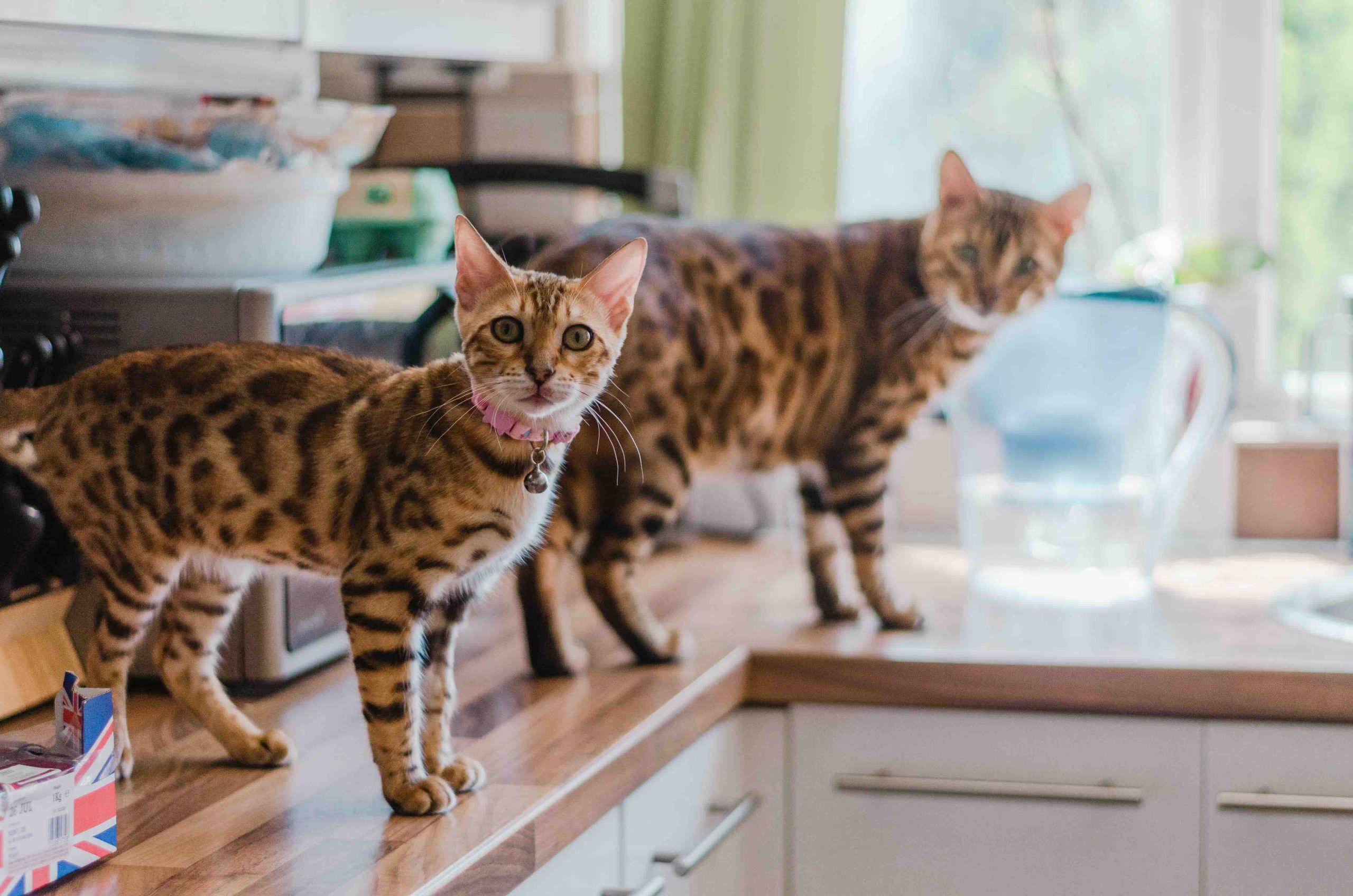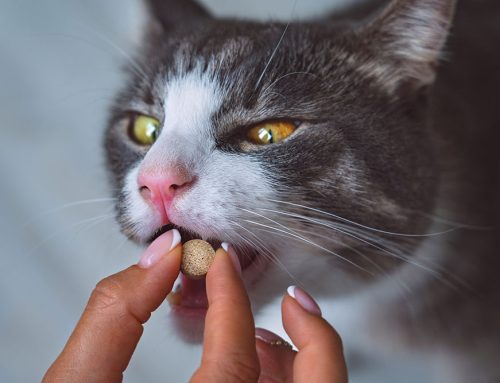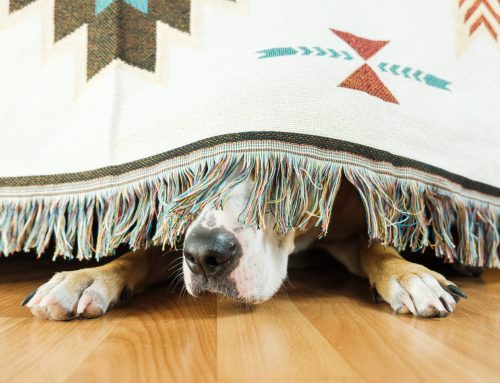Have you ever imagined living with a cat that looks like it could be from the wild, with sleek fur, unique patterns, and sharp instincts? Many people are drawn to the idea of sharing their home with a hybrid or exotic cat. These special breeds combine a touch of the wild with the temperament suited for a pet. At Alisos Animal Hospital in Mission Viejo, California, we understand the charm of these cats, but we also know they come with their own set of needs. In this article, we’ll help you understand what to expect when bringing a hybrid or exotic cat into your home.
What Makes a Cat a Hybrid or Exotic Breed?
Hybrid cats are the result of breeding a domestic cat with a wild feline ancestor. For example, the Bengal cat has the Asian leopard cat in its family tree, and the Savannah cat comes from the African serval. Exotic cats, like the Ocicat or Abyssinian, don’t have wild ancestors but have a unique look that resembles wild cats.
Why People Love Hybrid and Exotic Cats
These cats are popular because they look like wild cats while still being domesticated. They are beautiful, with striking markings and features that stand out. But owning one of these cats can be challenging. They have high energy levels and need a lot of mental stimulation and physical activity. If you are thinking about getting a hybrid or exotic cat, it’s important to be ready for the extra care they require.
Some areas also have rules about owning hybrid cats, so it’s important to check local laws before bringing one home. If you’re interested in learning more about providing the right environment for active cats, you might want to read our article, “What Every Cat Owner Needs to Know About Environmental Enrichment.”
Understanding Behavioral Challenges
While hybrid and exotic cats can be loving pets, they often retain certain wild instincts that can pose unique behavioral challenges. These cats are typically more independent and may be less likely to seek affection than traditional domesticated cats. Their high intelligence can lead to more complex behavior patterns, such as problem-solving (or creating problems) to find food or explore new areas.
Many hybrid cats have a stronger prey drive, meaning they are more likely to chase, stalk, and potentially be destructive if not given proper outlets for their instincts. You may notice behaviors like excessive climbing, scratching, or attempts to “hunt” smaller pets in your home. Providing proper toys, cat trees, and enrichment activities is crucial for preventing behavioral problems.
Additionally, some hybrids and exotics are more prone to anxiety, especially if left alone for long periods. They might develop undesirable behaviors such as spraying, scratching furniture, or vocalizing loudly. Ensuring a consistent routine, plenty of mental stimulation, and a safe, comfortable environment can help reduce these behaviors. If you’re facing behavioral issues with your hybrid or exotic cat, early intervention is key. If you need advice on managing pet behavior, check out our blog, “Clarifying Curious Canine Conduct,” which has useful tips that can be applied to cats, too.
Health Needs of Hybrid and Exotic Cats
Just like any other cat, hybrids and exotics need regular veterinary checkups to stay healthy. But these breeds may have some special health concerns. For example, some hybrid cats are more prone to certain health issues like urinary tract problems, possibly due to the stress of adapting to a domestic environment. It’s important to find a veterinarian who understands the specific needs of these breeds.
In addition to urinary issues, certain exotic breeds may be more susceptible to conditions like obesity or digestive problems due to their different metabolic needs. Monitoring your cat’s weight and diet is crucial for keeping them healthy. Watch for signs that your cat might not be feeling well, such as changes in their eating habits, behavior, or energy levels. Catching problems early, like obesity or urinary issues, can prevent bigger health problems down the road.
Is a Hybrid or Exotic Cat Right for You?
Before you decide to bring a hybrid or exotic cat into your home, take time to research the breed. Make sure you understand what they need in terms of space, attention, and care. These cats can make wonderful pets, but they aren’t the right fit for every household. You’ll also want to make sure you’re getting your cat from a responsible breeder or adoption agency.
Owning a hybrid or exotic cat can be a unique and rewarding experience, but it does come with some challenges. With the right preparation, care, and support from our team at Alisos Animal Hospital, you can give your special cat a healthy, happy life. These cats are extraordinary, and with a little extra attention, they can thrive in your home.








Leave A Comment